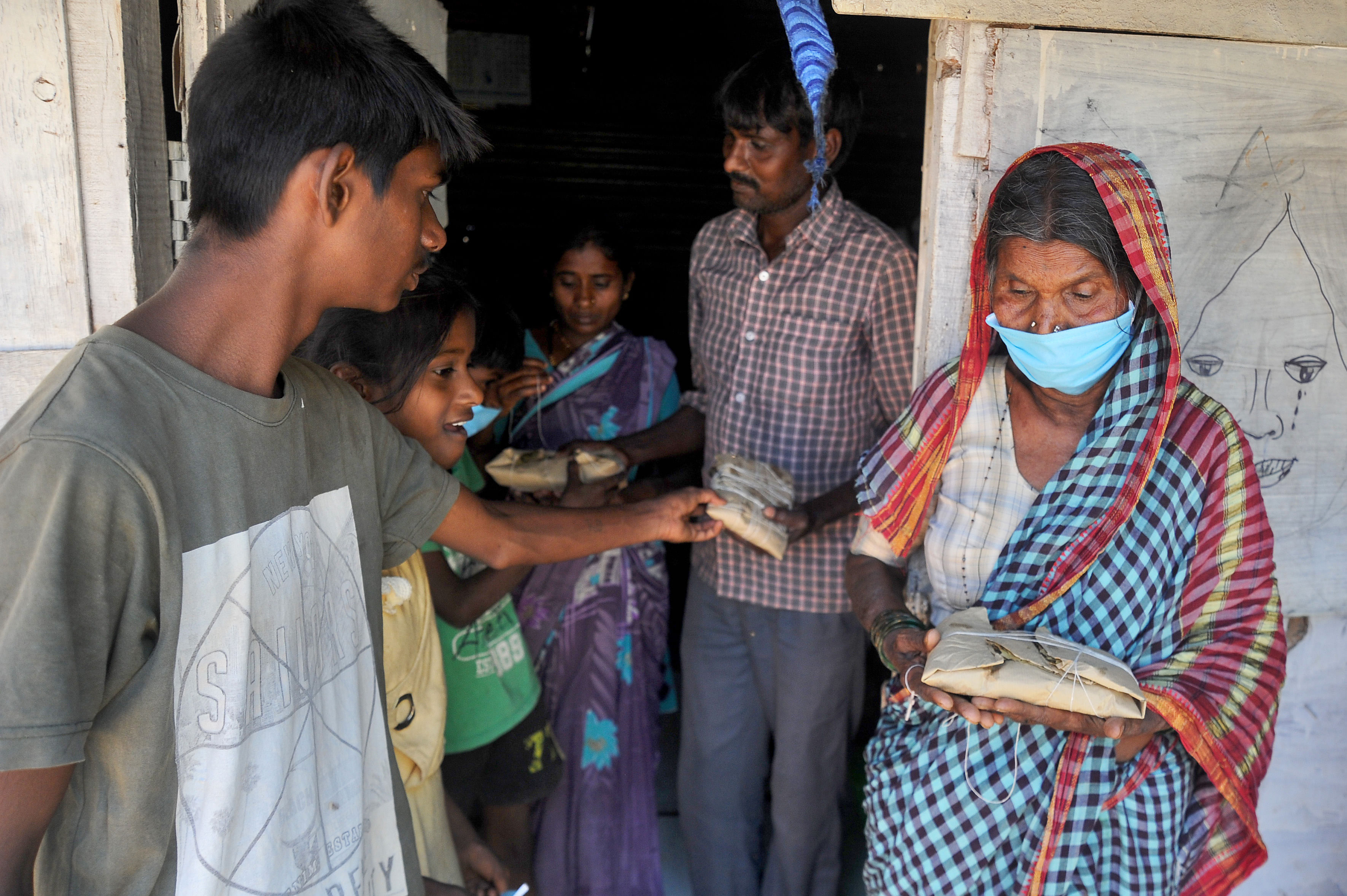
Social distancing is common in India. Why else do caste, class, race and religious prejudices pervade daily life in our country? The COVID-19 pandemic and the desperate 21-day lockdown in its wake, have brought on this routine and normalised social distancing. We don’t need more of it. We need physical distancing.
The privileged caste and class populations experience the lockdown from the comfort of their homes with a guaranteed pay cheque at the end of the month. Others are forced to work. If their services are not needed due to the lockdown, they are labelled as useless and dispatched from our midst in the most ignominious manner.
The pourakarmikas working for the Bangalore city government are expected to report for work daily. Their services are deemed to be essential since public hygiene seems to be something that needs to be maintained during a pandemic. Little do the rest of us understand that the transport facilities they depend on are no longer available and yet they have to find ways to report to their duty wards and assigned city streets, to clean up after the happily quarantined upper classes. Neither do the rest of us realize that the vendors they usually patronise for tea and breakfast are no longer open, thanks to the lockdown. And, if in these circumstances, they asked us for a cup of tea or water – we’d shirk. Not because we don’t have the time to make them a cup of tea or don’t have soap to wash their cup; after all the lockdown has given many people a good bit of extra time. We shirk because sharing our utensils with them would break down old social distancing norms between castes.
The migrant workers of Bengaluru who make Friday evenings fun in restaurants or pubs in Indiranagar, Kammanahalli, Jayanagar or wherever else, are no longer needed. Neither are they needed to build our houses or the next mall. With the lockdown, restaurants, pubs, retail services and building construction – all routinely patronised by the well-heeled are no longer open for business. This sizeable workforce are mostly comprised of migrants to the city. They come from North-Eastern states and thus “look Chinese” and are shunned from our midst, because obviously they could be carrying the “Chinese virus”! Ignorance knows no limits. Prejudice too is boundless. They are socially distanced and denied services or asked to vacate by their landlord. As for migrants from the other states, well, they can take a hike we say, quite literally! And along the way, as they trudge hundreds of kilometres, they are faced with police brutality as punishment for violating the “curfew”!
A crisis is a useful thing. It brings out the best and worst in us. These are examples of the worst and they tell us that social distancing is pervasive. We live every day in a normalized-to-the-point-of-invisibility maze of social distances maintained along with caste, class, race, religious and linguistic identities. The first five days of the lockdown have made a few of them painfully visible. It is worth our while to pause and reflect on these lessons with humility. Fighting the virus needs physical distancing, which we are ironically still to learn. But social distancing...? Let’s reflect on the cruelty of the past four days and use this pandemic as a reason to let it go. Coming together socially, with empathy for each other and a sense of collective purpose is the best way to defeat this enemy.
Human physiology requires that we maintain physical distance from each other. To be precise, a distance of at least one meter between oneself and another person in a public space. Wash our hands regularly with soap. And do not touch our faces, without thoroughly washing our hands first. It does not require us to shun others to their fate and render their suffering to the invisible side of the walls of social distance that still pervade our minds.
(The writer is an assistant professor at Azim Premji
University)